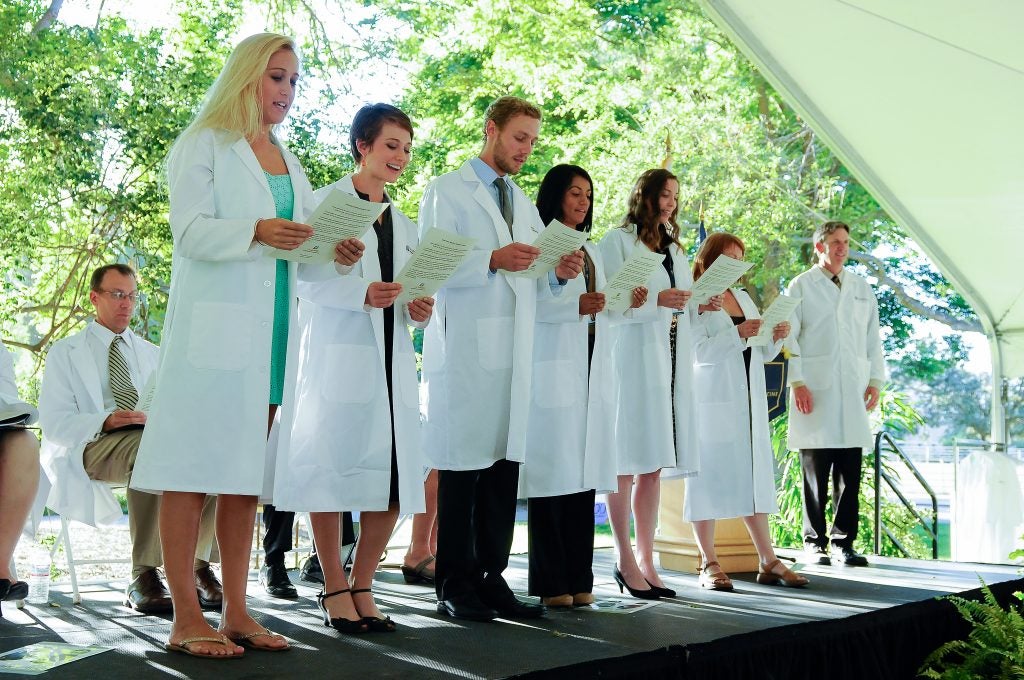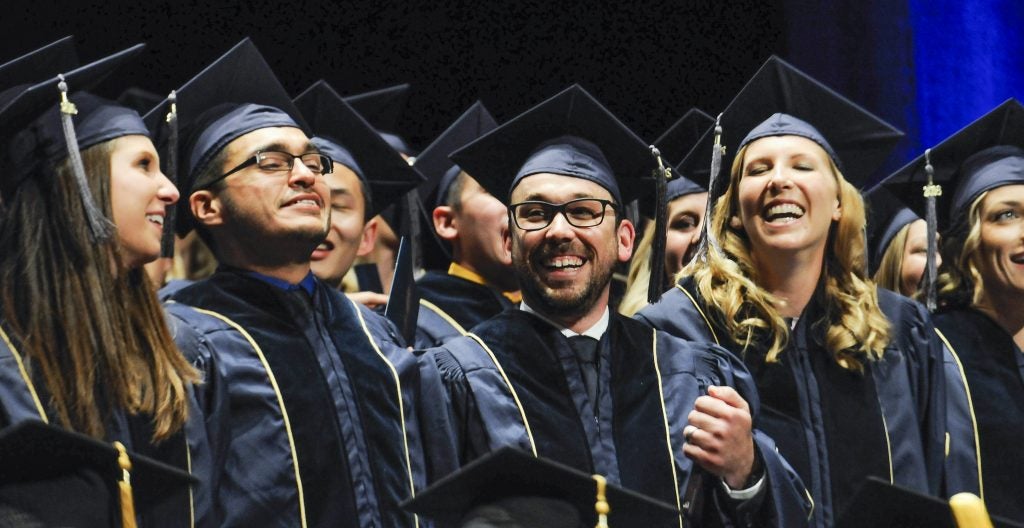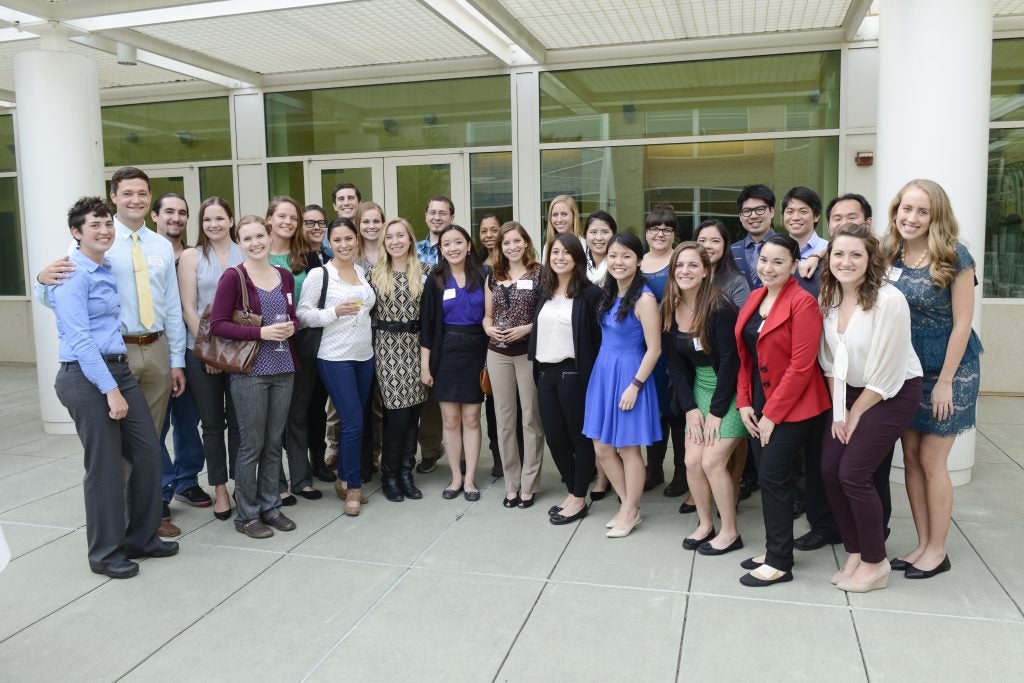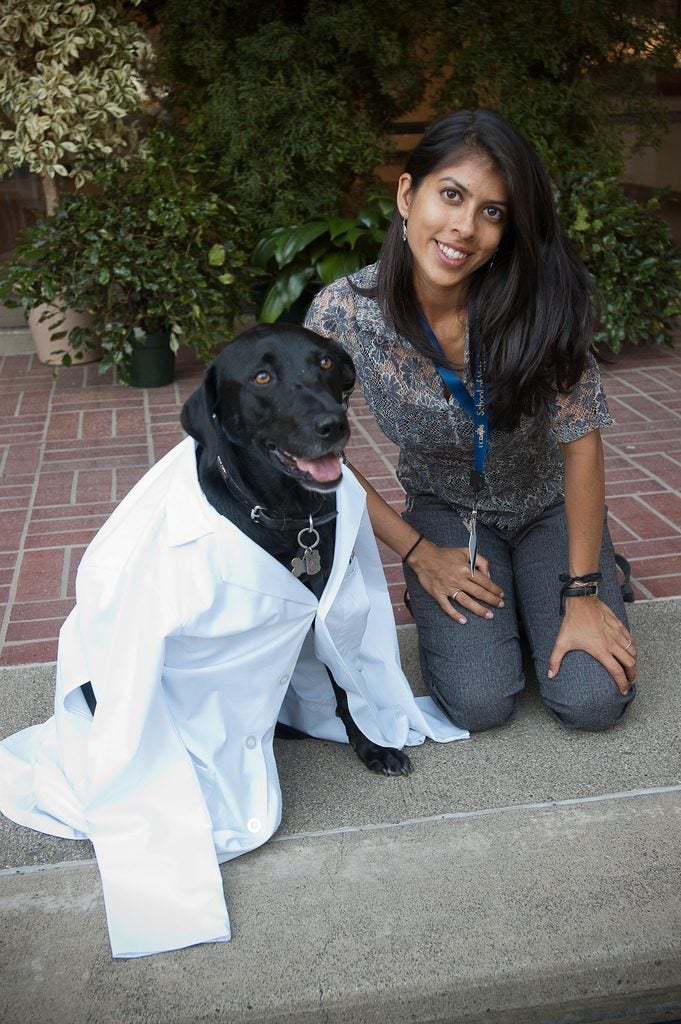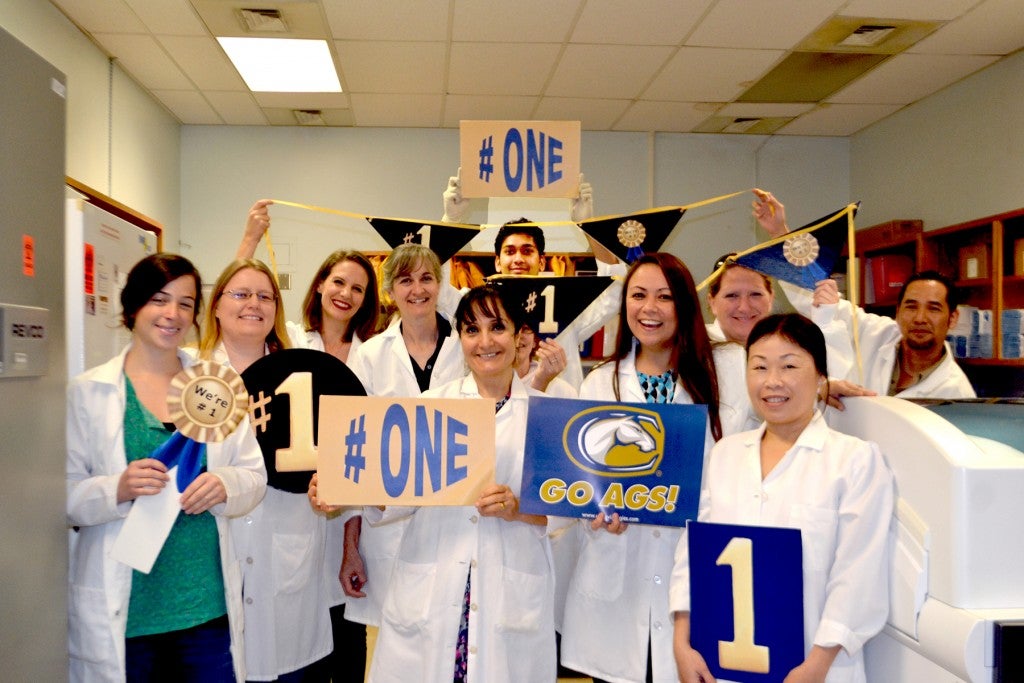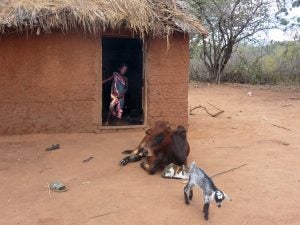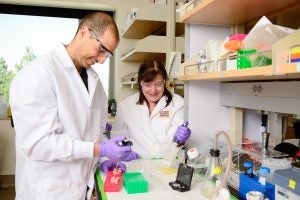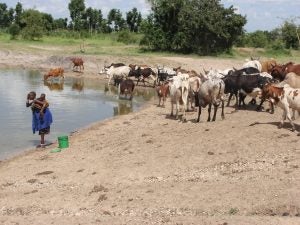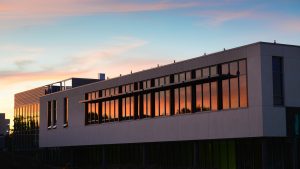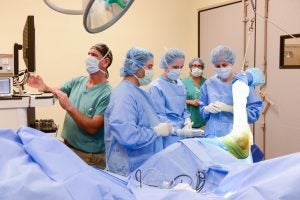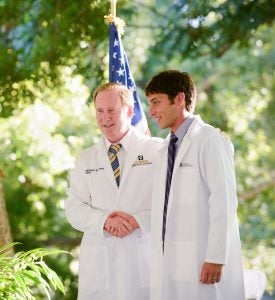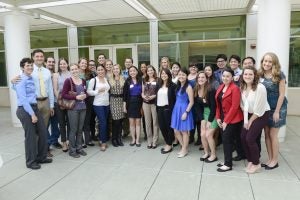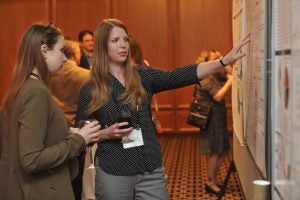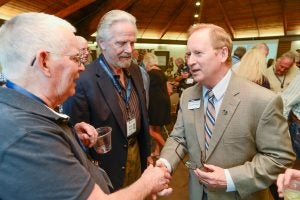“Without change there is no innovation, creativity, or incentive for improvement. Those who initiate change will have a better opportunity to manage the change that is inevitable.” – William Pollard
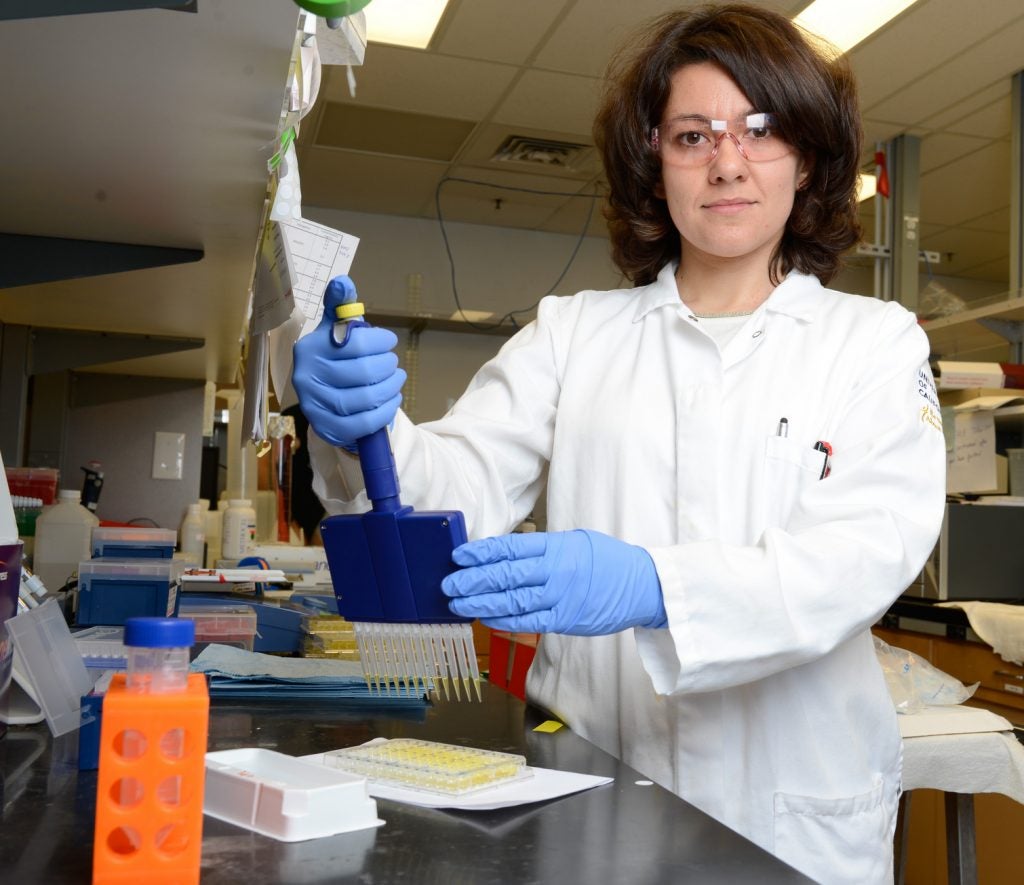 We all marvel at those among us that are creative in their approach to life and work. Through the vision of those who innovate, we see creativity put into action—in some cases changing the world. In our society, we celebrate pioneering changes that improve the health and well-being of animals, people, and our environment. Throughout our school’s history, we have always embraced new ideas, cutting-edge treatments, and novel discoveries that bring about positive changes in veterinary medicine and biomedical or agricultural sciences.
We all marvel at those among us that are creative in their approach to life and work. Through the vision of those who innovate, we see creativity put into action—in some cases changing the world. In our society, we celebrate pioneering changes that improve the health and well-being of animals, people, and our environment. Throughout our school’s history, we have always embraced new ideas, cutting-edge treatments, and novel discoveries that bring about positive changes in veterinary medicine and biomedical or agricultural sciences.
Our faculty, staff, and students are eager to explore new ways to educate themselves and those they teach, through educational initiatives that embrace unique technologies to expand our intellectual horizons. This thirst for implementation of new ideas is a founding principle that allows us to maintain our global leadership position in research, education, and service to our communities.
So how do you encourage or promote innovation and creativity? Forbes magazine suggests that the workplace needs to be “relaxed and flexible” to increase productivity and encourage new ideas. Certainly, most would agree that lowering the barriers to sharing concepts includes an atmosphere that encourages a free flow of new ideas. Idea generation supported by an inventive environment is a starting point of the process of positive change.

